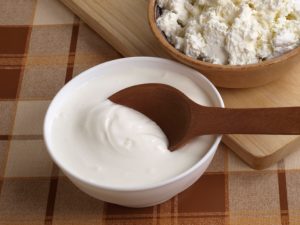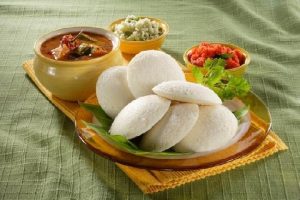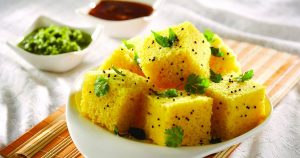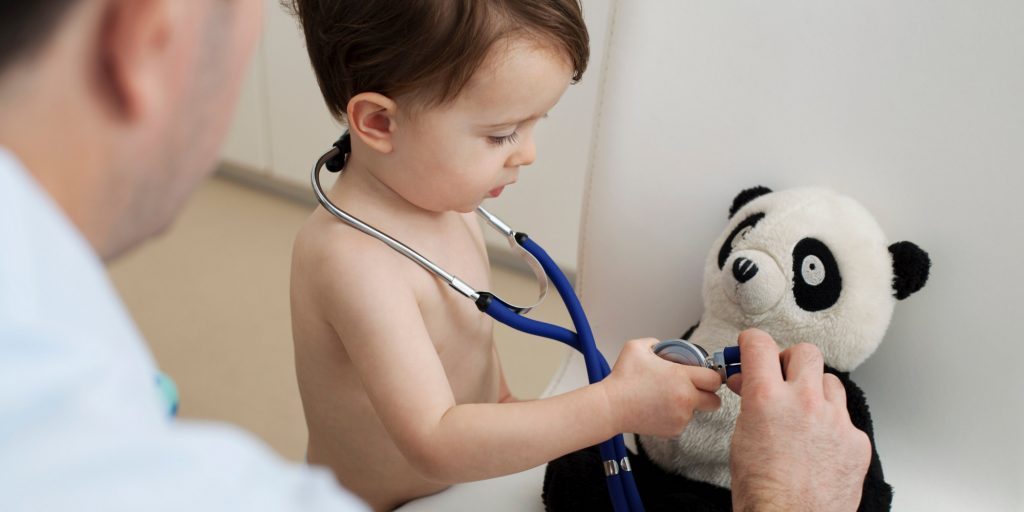The Good And Bad Bacteria
Your gut is the route to both health and diseases. If your gut is not in shape, one cannot get the food nutrients no matter how healthy one eats. We all try hard to maintain a healthy home environment, kids do end up falling sick often. Cold, cough, allergies and fever are things that kids battle with quite often than not. And then there is the round of antibiotics that we load our kids with, to destroy the bad bacteria. However, did you know that certain bacteria can be good for us and babies too? Yes, you heard us right!
What are Probiotics?
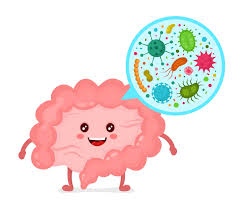
Image Source: https://thespreadissue.com
Probiotics, in short, are good bacteria that live peacefully in our intestines and keep us healthy. They come from one of the two groups of bacteria called Lactobacillus or Bifidobacterium, and are live microorganisms similar to the good-deed-doers we already have inside us. Breastfed and vaginally born children tend to have a relatively higher amount of both the bacteria in their body. Probiotics are also found in foods like yoghurt, sprouts, pressed salads, cheese and fermented beverages.
Do We Need To Take Probiotics?
The gut goes through a lot- every day. Wrong eating habits, junk food, excessive use of oil and spices, processed foods, etc destroy the probiotics in the gut. In children, external pollution, food adulteration and exposure to dirt lead to the destruction of the probiotics. Antibiotics, also wash away most of the bacteria, including the good ones from the baby's system.
Benefits Of Probiotics
-
Destroy harmful pathogens (infections, bacteria, or fungus)
-
Stimulate the production and absorption of Vitamin B12, and folic acid
- Enhance digestion and absorption of food thus reducing bowel complaints
Probiotics act like soldiers to ward off illness, destroying the harmful bacteria. Apart from restoring good bacteria count, probiotics are also beneficial in treating bowel diseases, stomach ulcers, allergies, eczema, colds, flu and ear infections. However, probiotics are most beneficial in treating diarrhoea, that often affects kids during travel or in new environments.
Probiotic Foods For Infants & Toddlers
It is often recommended to start introducing your baby to fermented foods and drinks gradually. Breastmilk has all the nutrients your baby needs and is also a good probiotic in itself. So, if you are breastfeeding your baby, you don't have to look any further! However, you can boost probiotic in your milk by including fruits and vegetables like bananas, onions, artichoke and apple skin.
If your baby is old enough to have solids, then yoghurts and high fibre foods can help to build a good environment with healthy bacteria in the body. Infants who have not been introduced to solids can also be given probiotics in the form of supplements. Probiotic supplements come in various forms like formula powder, drops, dissolvable tablets etc. However, make sure you consult your doctor before you introduce them to your baby.
Healthy Probiotic Foods You Can Make At Home
Bid goodbye to those pricey yoghurts and shakes sold in the markets. Some of our very own Indian dishes will give your family's gut a natural bacteria-fix.
1. Dahi/ Curd
Image source: i.ndtvimg.com[/caption]
Like you already know, dahi or yoghurt is rich in probiotics. However, homemade dahi can be the best bet for kids. Allowing it to ferment for a good 10-12 hours will ensure that the majority of the lactose (milk sugar) is used up and the strength of the probiotic culture has been established. Store bought yoghurts are often fermented with chemicals. You can give it to them plain with a little rock salt, add to popsicles or make this yummy nutty chia yoghurt & banana bowl for them to lap up.
2. Idli/ Dosa
Image source: expatads.com
Our very own idlis and dosas are made by fermenting urad dhal, which is a rich source of good bacteria. They are light on your kids' stomach plus low in calories. So, make sure you add them to your weekly meal plan. We have an excellent idli recipe you can try.
3. Dhokla
Image source: hungryforever.com
This traditional Gujarati dish is made using a batter of fermented besan, rice and dhal. Plus this dish also requires dahi. So that's double the dose of probiotic. However, do not overdo the dish as besan might cause your kid a stomach upset.
Kanji
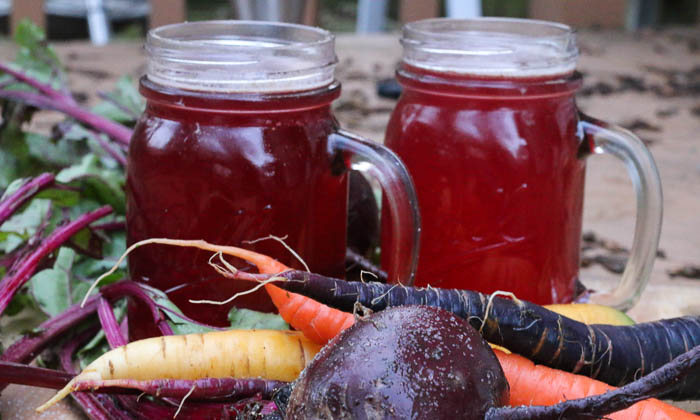
This is a healthy probiotic drink you can make for your family. Traditionally made with black carrots which aren't available all year round, you can make this with regular carrots and beetroot. It is yummy and amazing for the tummy. We have a simple kanji recipe for you.
Adai
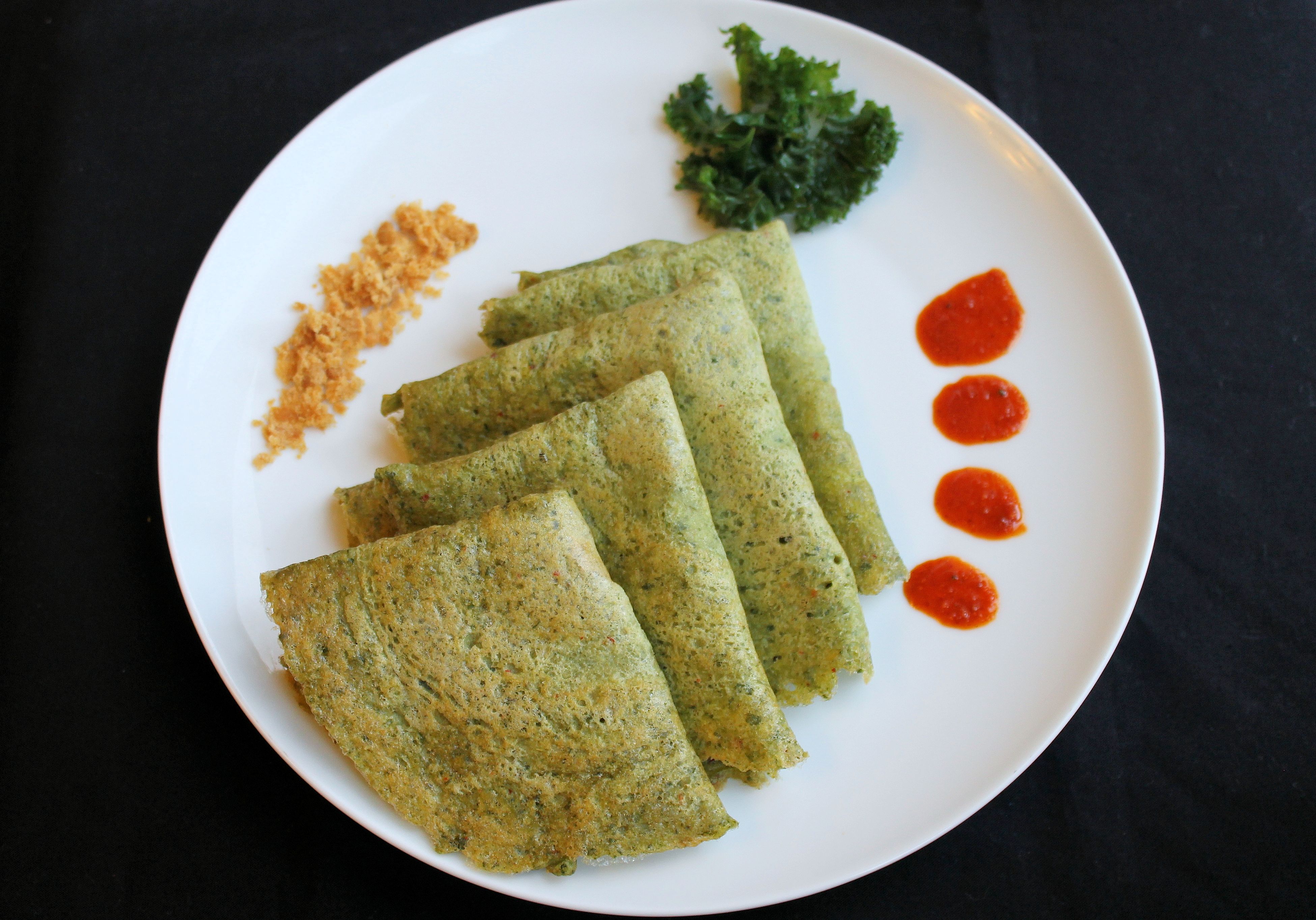
This is a classic South Indian ‘tiffin’ that has equal quantities of rice and lentils are traditionally served with homemade butter and jaggery – the sweet savoury combination is pure delight. Give this adai recipe a try.
You should include lettuce leaves, feta cheese, peas, paneer, soybean, buttermilk, kefir and sprouts to your family's meal plan.
This post has been written with inputs from Nutritionist Dhvani Shah

